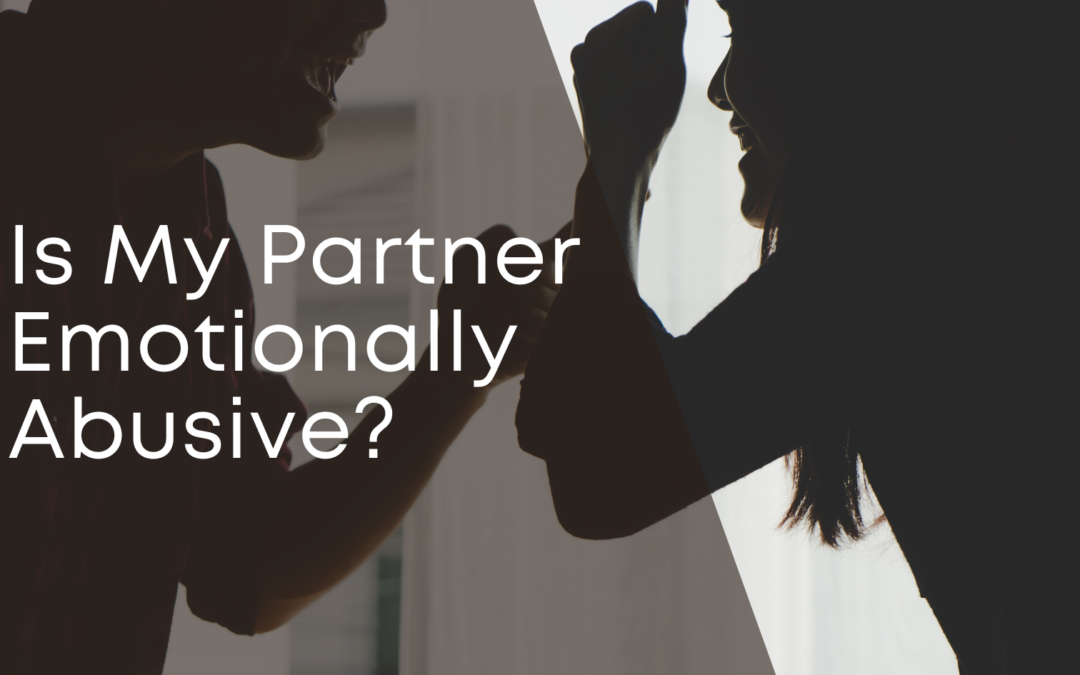Are you constantly questioning whether your partner’s words and actions are normal or if they’ve crossed a line? You might feel trapped in a cycle of doubt, wondering if you’re imagining things or if the emotional pain you’re experiencing is real. Emotional abuse can be difficult to identify because it often creeps in gradually, leaving you second-guessing your reality. For those facing divorce or considering it, recognizing emotional abuse is often the first step toward reclaiming your life.
The Central Problem: Recognizing Emotional Abuse
5 Steps to Recognizing and Overcoming Emotional Abuse
My name is Steven Unruh, and I’ve been a divorce mediator with more than 30 years of experience helping individuals just like you regain control of their lives. I understand the pain and confusion that come with emotional abuse, and I want you to know that there is hope. You’re not alone, and there is a path forward that can bring you peace and clarity. Here’s how you can begin to take back your life.
1. Educate Yourself
2. Set Boundaries
3. Seek Professional Support
Emotional abuse can be incredibly isolating, making it difficult to see a way out. This is where divorce mediation can be immensely beneficial. As a divorce mediator, I can help you navigate this challenging time by providing a safe space where you can express your concerns, understand your rights, and explore solutions that are fair and respectful.
4. Build a Support Network
5. Develop a Self-Care Routine
Emotional abuse often leaves you feeling drained, unworthy, and disconnected from your sense of self. Rebuilding your confidence starts with prioritizing self-care and focusing on your own needs. Engage in activities that bring you joy and help you reconnect with yourself. This could mean exercising, reading a good book, or simply spending time in nature. These moments of self-care can gradually help restore your sense of worth and inner strength. By nurturing yourself, you begin to reclaim the confidence and happiness that may have been lost.
Your Next Step: Take Control of Your Future
You might be thinking, “But what if I’m overreacting?” or “Maybe things will get better if I just try harder.” Emotional abuse is never acceptable, no matter how much you want to believe it will change. Recognizing it is not overreacting—it’s being honest with yourself about what you deserve.
Another common objection is the fear of being alone. But consider this: Is it better to stay in a relationship that chips away at your self-worth or to take steps toward a future where you can rediscover your sense of self?
If you’re ready to take the first step toward a healthier, happier life, I’m here to help. As a divorce mediator, I’ve helped countless individuals break free from emotionally abusive relationships and find a path to healing. You don’t have to do this alone, and you deserve to be treated with respect and compassion.
Take Action Now: Visit my website or call for a free consultation. Together, we can create a plan that empowers you to move forward, leaving the pain of emotional abuse behind


Recent Comments